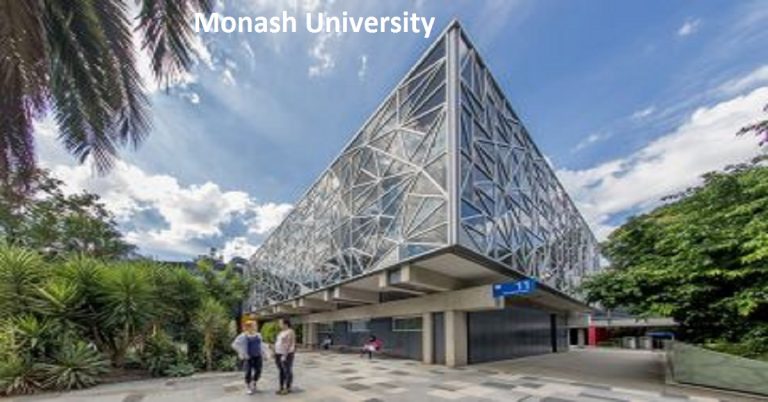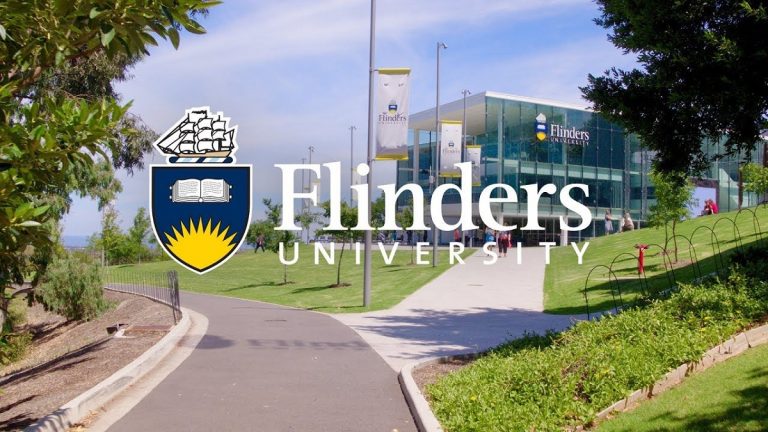![PhD Scholarships Open at Utrecht University [NL]](https://scholaridea.com/wp-content/uploads/2020/06/UtrechtUniversity.jpg)
We are looking for a highly motivated candidate with a background in quantitative analysis of climate policy.
The Copernicus Institute of Sustainable Development at Utrecht University invites applications for a junior research position in the Environmental Sciences group. With this position, you contribute to a research project that considers non-state actors such as cities, regions and companies that are increasingly important in supporting climate policy. The aim of the project is to improve the assessment of options for current and increased actions by these actors in the context of the long-term Paris goals.
Cities, regions and companies (including financial institutions) are increasingly taking climate action. This is done in response to the goals agreed on in the Paris Agreement, but mostly directly to national policies. The interaction between these actors and national governments therefore needs further exploration. For instance, do non-state climate actions contribute to or go beyond the national goals? And how does interaction between actors catalyse or slow-down climate action elsewhere? These topics are the focus of the research in the project ‘Global impact assessment of greenhouse gas mitigation actions by cities, regions and Businesses’. The project is done in a consortium together with research institutes and universities from Germany, the US, UK and the Netherlands.
Qualifications
We are looking for a highly motivated candidate with a background in quantitative analysis of climate policy. You are interested in how science can provide a key role in providing policy-relevant information for both governments and non-state actors. The researcher will conduct literature research, data collection analysis, assessments and securing this in reports and scientific literature. The work encompasses both quantitative and qualitative assessments of non-state climate actions. For qualitative assessments, the existing integrated assessment model IMAGE will be used and existing and new tools will need to be updated and developed.
We welcome applications from candidates who:
- have a Master’s degree in environmental science, energy science or applied mathematics or a similar discipline, relevant for quantitative analysis of climate policy;
- have an understanding of international climate policy;
- have an analytical mindset and experience in quantitative analysis, and preferably programming (e.g., using python);
- have excellent writing skills in English;
- and excellent communication and interpersonal skills.
Offer
We offer a temporary position (1.0 FTE) for 21 months in an international working environment. The gross salary – depending on previous qualifications and experience – ranges between €2,846 and €3,561 (scale 10.0 – 10.5 according to the Collective Labour Agreement Dutch Universities) per month for a full-time employment. Salaries are supplemented with a holiday bonus of 8% and a year-end bonus of 8.3% per year. In addition, Utrecht University offers excellent secondary conditions, including an attractive retirement scheme, (partly paid) parental leave and flexible employment conditions external link (multiple choice model). For more information: working at Utrecht University external link.
About the organisation
A better future for everyone. This ambition motivates our scientists in executing their leading research and inspiring teaching. At Utrecht University external link, the various disciplines collaborate intensively towards major societal themes. Our focus is on Dynamics of Youth, Institutions for Open Societies, Life Sciences and Sustainability.
Utrecht University’s Faculty of Geosciences external linkstudies the Earth: from the Earth’s core to its surface, including man’s spatial and material utilisation of the Earth – always with a focus on sustainability and innovation. With 3,400 students (BSc and MSc) and 720 staff, the faculty is a strong and challenging organisation. The Faculty of Geosciences is organised in four Departments: Earth Sciences, Human Geography & Spatial Planning, Physical Geography, and Sustainable Development.
The Copernicus Institute external linkis part of the Faculty of Geosciences. At the Copernicus Institute, our goal is to have a positive impact on the transition towards a sustainable future. The Copernicus Institute has had an excellent research evaluation in 2021 and the institute takes pride in maintaining its leading position in national and international sustainability research, and by developing new, internationally oriented teaching programmes.
Additional information
For more information about this position, please contact:
Drs Mark Roelfsema external link, via m.r.roelfsema@uu.nl external linkor
Prof D.P. van Vuuren external link(Professor in Integrated Assessment of Global Environmental Change), via d.p.vanvuuren@uu.nl. external link
Apply
Everyone deserves to feel at home at our university. We welcome employees with a wide variety of backgrounds and perspectives. To apply, please send your curriculum vitae, including a letter of motivation via the ‘apply’ button below.
The application deadline is 1 May 2022.



